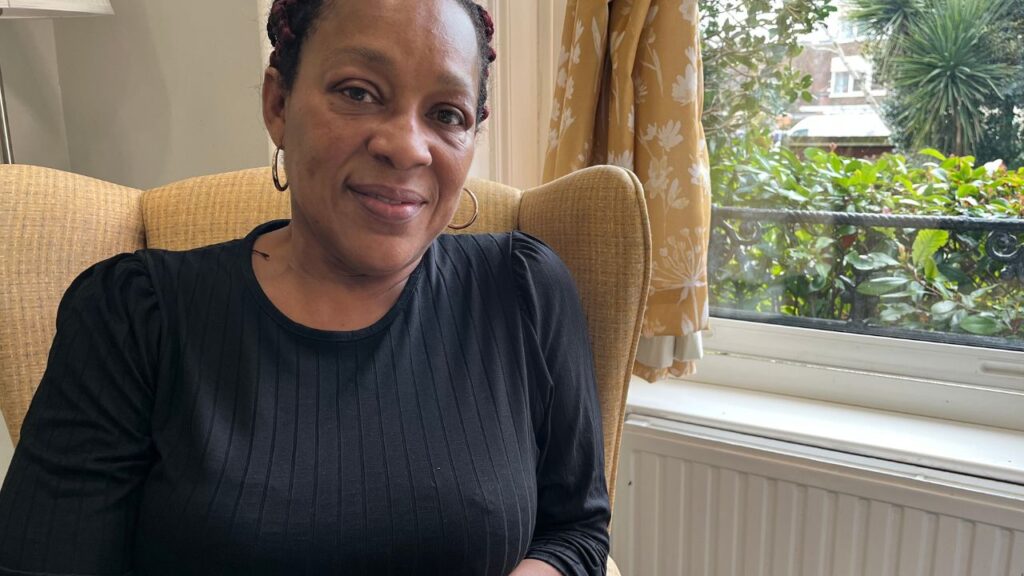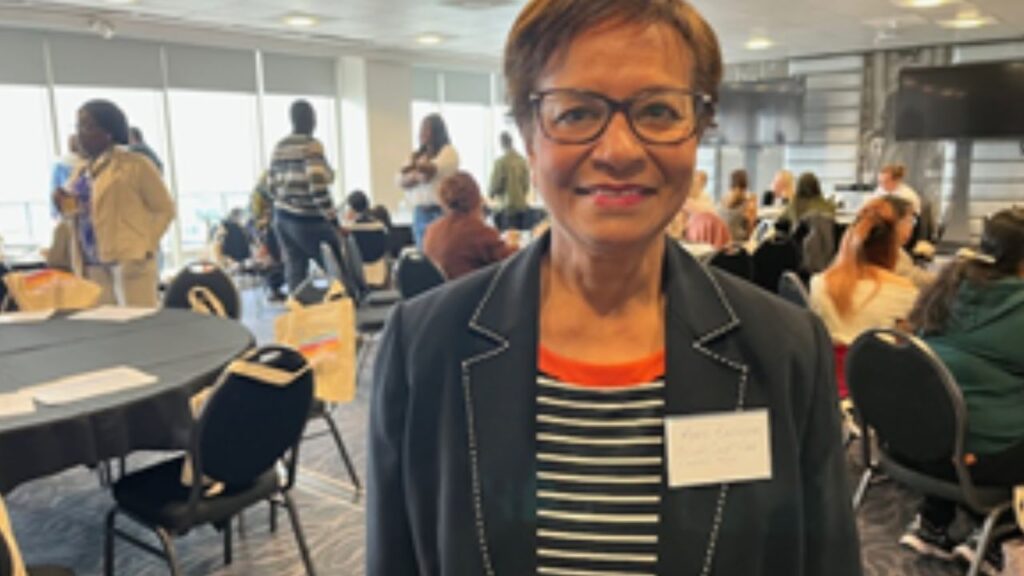#ButFirstADrink, a pilot project to boost hydration in south west London care homes, has reduced urinary tract infections (UTIs) among residents by 67%, resulting in no ambulance call outs for the condition among those taking part.
The #ButFirstADrink scheme, funded by NHS England, operated in 27 care homes in south west London over a two-year pilot period, where fluid intake by residents increased by 46%.
As well as cutting UTIs in the homes that took part, the #ButFirstADrink pilot has resulted in fewer E-coli infections and a reduction in the number of falls. The homes also reported that their residents are more alert and more mobile.
The data we have says that since then we have eliminated UTIs and our falls rate is zero – and that’s something we’re proud of. It shows how much hydration is key.”
Other benefits include improvements to people’s skin, wounds healing more quickly and a reduction in pressure sores – also a frequent cause of hospital admission.
In addition to the 27 care homes, two home care providers joined the #ButFirstADrink pilot, along with wards at Kingston and St George’s hospitals.
A simple and low-cost idea, the behaviour change project involves care home staff offering drinks to residents during each contact and reminding them to finish ones they have.
Many homes have responded by setting up hydration stations offering a choice of juice options alongside water.
Staff often sit with residents and have a drink together as well as promoting the scheme to family members and friends during visits.
When someone who is frail and elderly gets dehydrated, they become irritable, weak and tired – which we don’t want – we want them to be comfortable at this stage of life.”
Dehydration in care home residents occurs because, as people get older, the thirst impulse decreases and tastes in drinks change. Those with dementia or other cognitive issues may forget to drink and worries about incontinence can discourage others.
For St George’s Hospital kidney consultant, Professor Debasish Banerjee, hydration is vitally important for residents’ day to day wellbeing as well as preventing serious illness.
“When someone who is frail and elderly gets dehydrated, they become irritable, weak and tired – which we don’t want – we want them to be comfortable at this stage of life.
“As a kidney doctor, what I also want to avoid is acute kidney injury (AKI) [where the kidneys suddenly stop working properly]. AKI leads to hospital admission, but proper hydration helps prevent it.
“Put simply hydration also flushes the system so there are fewer of the bugs that cause UTIs.”
The pilot is now finished, however, most of the settings taking part have adopted #ButFirstADrink as part of their normal routine with some care organisations extending it to their homes outside south west London.

Andrea Howell Jones (above) of Alexander House care home in Merton took part in the pilot: “We started our hydration bar some months ago,” she said. “The data we have says that since then we have eliminated UTIs and our falls rate is zero – and that’s something we’re proud of. It shows how much hydration is key.
“There’s water, apple juice, pineapple juice, cranberry juice… Sometimes the older get we don’t drink enough. We encourage the residents to drink. The staff will sit down with them and say ‘let’s have a drink together’.”
Marie Bannister (below) manager at Sutton Court Care Centre nursing home also took part. She said: “The hydration project was important to us – primarily because we have a lot of dementia residents who can’t verbalise – they can’t tell you whether they have had a drink or they are thirsty so we have to anticipate their needs.

“The benefit we found was a big reduction in UTIs – even in residents who have catheter care. And because we are now monitoring fluid intake during the day, that creates more awareness in our staff to encourage people to have a drink – not just water but any type of drink, so the benefits have been huge.”
According to Professor Banerjee: “We need to facilitate drinking however we can – by making drinks palatable and within reach. So if somebody likes an orange drink, put squash in their water, if they like tea and coffee make that available to them.
“This project, with its hydration stations and offers of drinks, does a good job of doing both of these things, with impressive results.”
